World Health Organisation-WHO in its Guidance Note on 'Public Health Criteria to Adjust Public Health and Social Measures in the Context of COVID-19' has advised comprehensive surveillance for suspected cases. WHO has advised that a country needs 140 tests per day per million population.
The Union Health Ministry has said that 22 States and Union Territories in the country are already conducting 140 and more tests per day per million and are being regularly advised to increase the testing capacity to match the WHO advised levels of testing.
The Ministry said, one of the factors strongly aiding the increasing numbers of COVID-19 tests in the country is the steadily growing network of labs for testing of COVID-19. With 865 labs in the government sector and 358 private labs, the total number of testing labs in the country has now gone up to 1,223.
It said the expansion of laboratory capacity has seen an exponential increase from one lab in January 2020 to 121 labs in March and to 1,223 labs today. The Ministry said, during the last 24 hours, 3,20,161 samples were tested. The cumulative number of samples tested, as of now is over 1 crore 24 lakh. The testing per million for India is consistently rising and now it has crossed 8,994 tests.
The testing numbers in the country is poised to go up with the launch of the cheapest RT-PCR kit by IIT-Delhi on Wednesday. According to IIT officers, the bottom worth of the RT-PCR assay developed by IIT Delhi is Rs 399. Even after including the RNA isolation and laboratory costs, the associated fee per take a look at will go up to Rs 650 and will likely be significantly cheaper in comparison with at presently accessible kits out there. It can ship outcomes inside three hours.
HRD Minister Ramesh Pokhriyal ‘Nishank’ launched the test kit package named “Corosure” which will now be accessible and used at authorized testing labs.
“The Corosure Kit has been developed indigenously and is much cheaper than other kits. The country requires cheap and reliable testing which can help control the pandemic. The kit has received ICMR approval with the highest score and DCGI approval with very high sensitivity and specificity,” he mentioned on the launch.
Referring it to as world’s most inexpensive COVID-19 diagnostic package, the HRD Minister mentioned the innovation is a step in the direction of “Make in India”.
IIT Delhi, which turned the primary educational institute to get ICMR nod for a COVID-19 testing methodology, gave non-exclusive open license to 10 firms for commercializing the take a look at, however with a worth rider of Rs 500 for the assay wanted for testing. The package Corosure has been commercialized by Newtech Medical Devices.
According to the crew at IIT Delhi, the present testing strategies accessible are “probe-based”, whereas the one developed by them is a “probe-free” methodology, which reduces the testing value without compromising on accuracy.
Using comparative sequence analyses, the IIT Delhi crew recognized distinctive areas (brief stretches of RNA sequences) within the COVID-19 and SARS COV-2 genome.
India noticed a report single-day bounce of 29,429 COVID-19 circumstances pushing its tally to 9,36,181 on Wednesday, whereas the loss of life toll climbed to 24,309 with 582 new fatalities, in keeping with the Union Health Ministry knowledge.
Yesterday he was the fourth consecutive day that COVID-19 circumstances have elevated by greater than 28,000. The variety of recoveries stands at 5,92,031, whereas there are 3,19,840 Coronavirus positive patients.
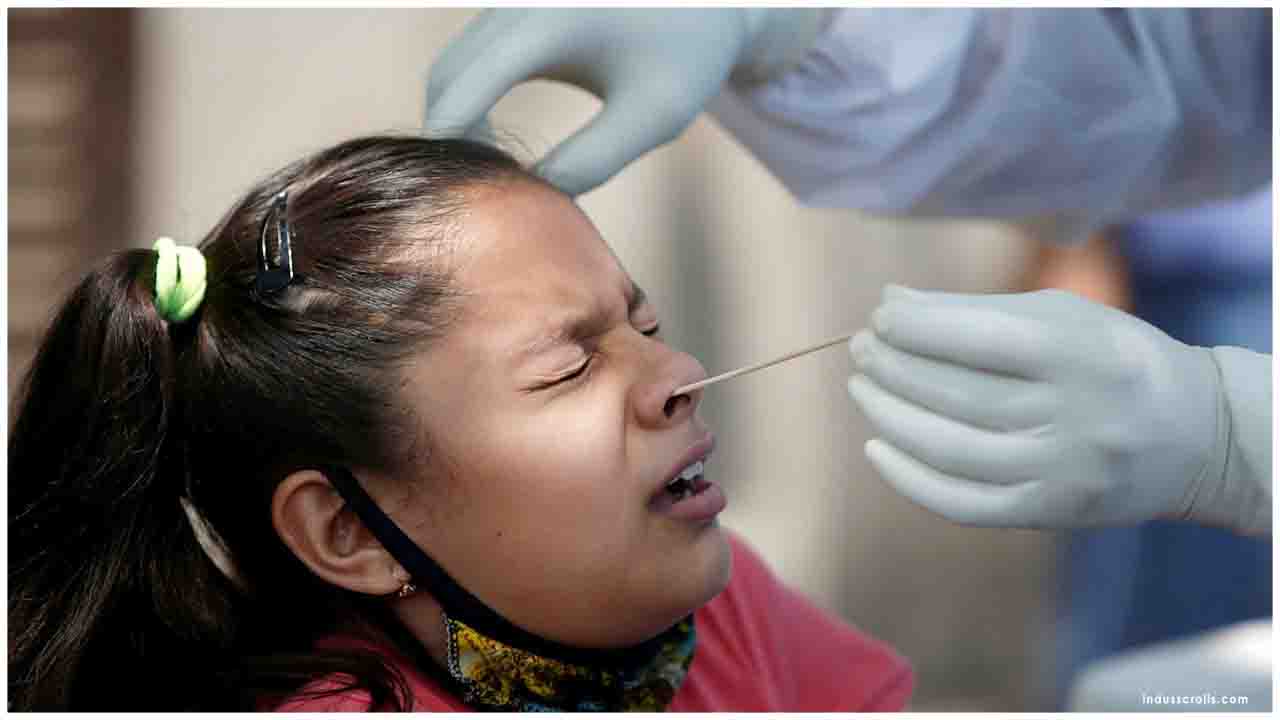
 Government reported that all together 22 States and UT meets the WHO guidelines on testing numbers
Government reported that all together 22 States and UT meets the WHO guidelines on testing numbers






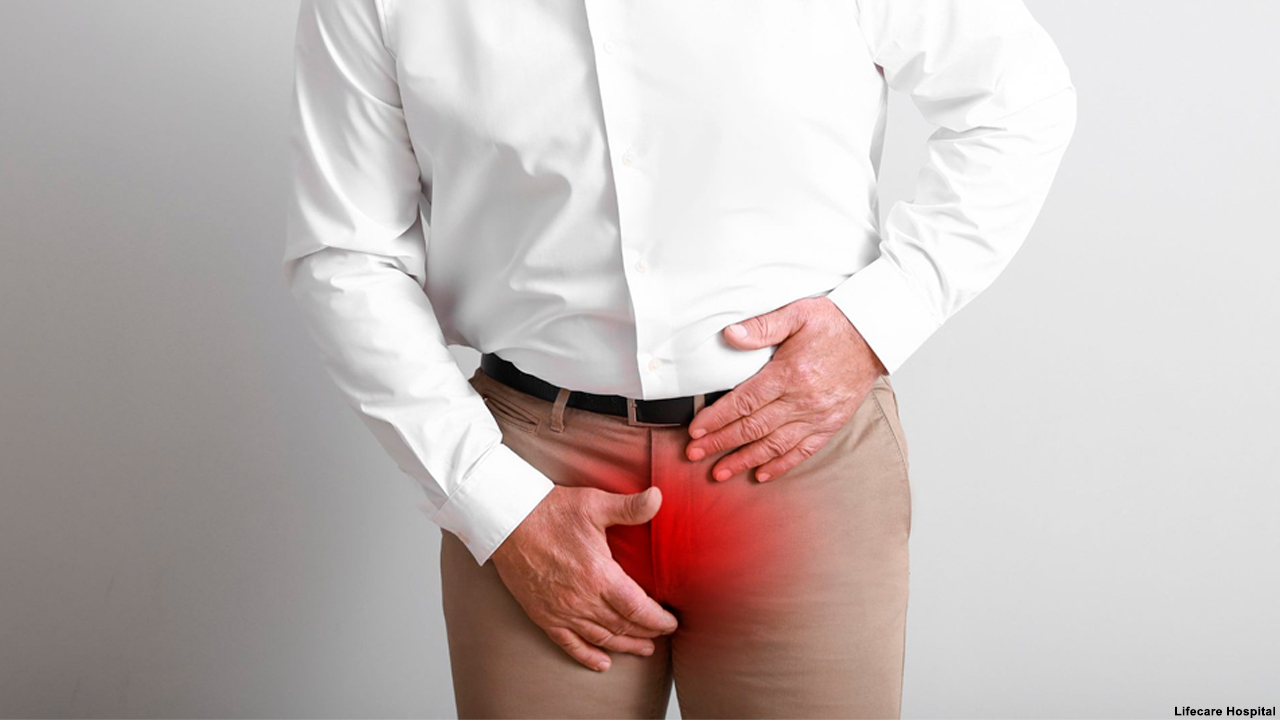
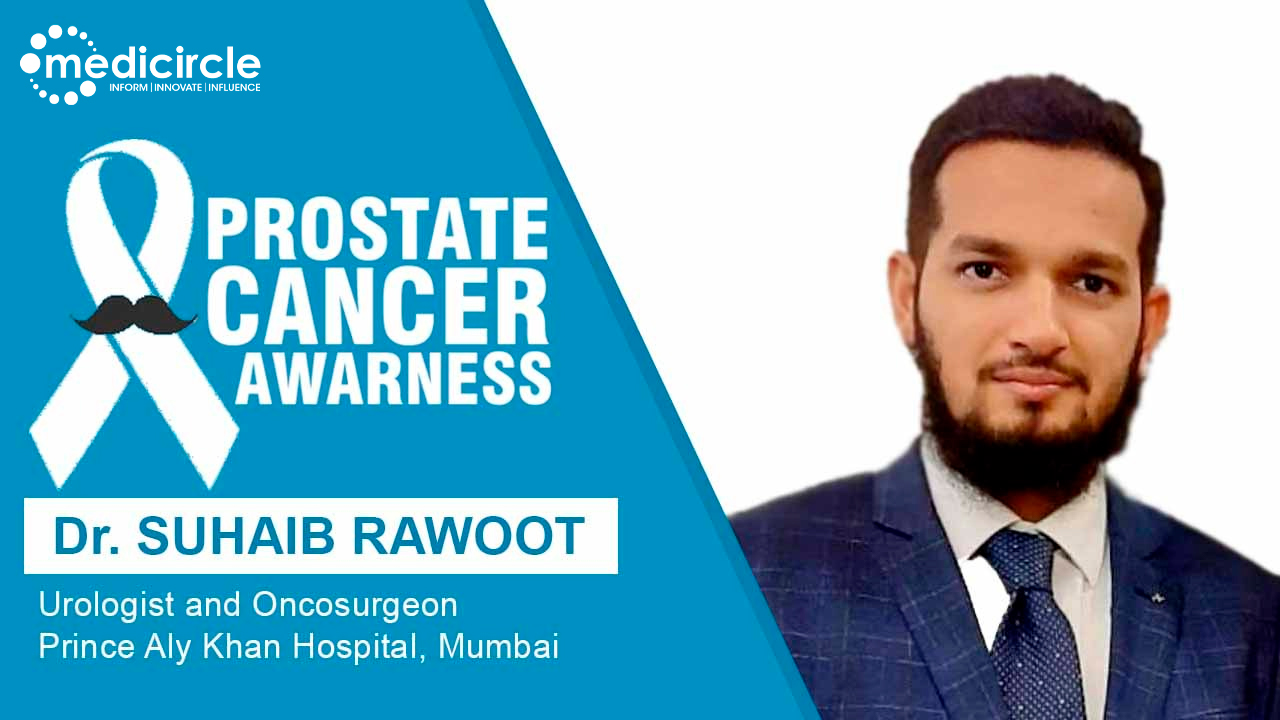
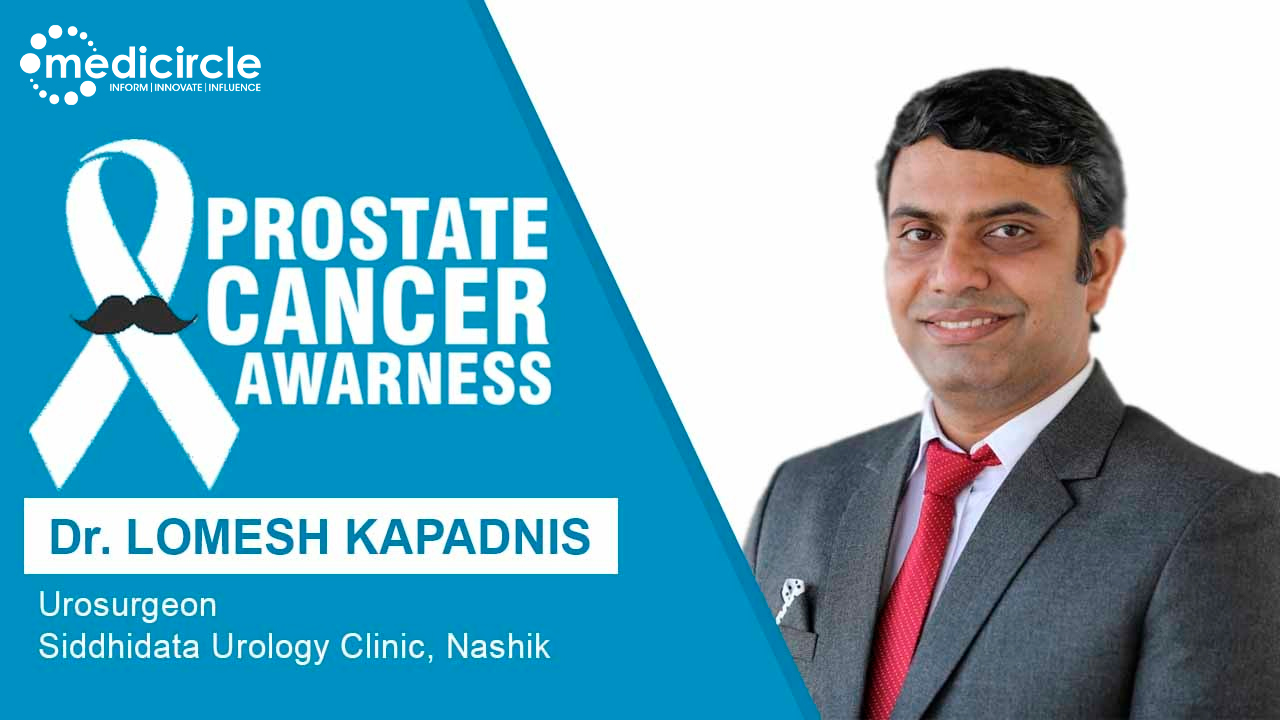

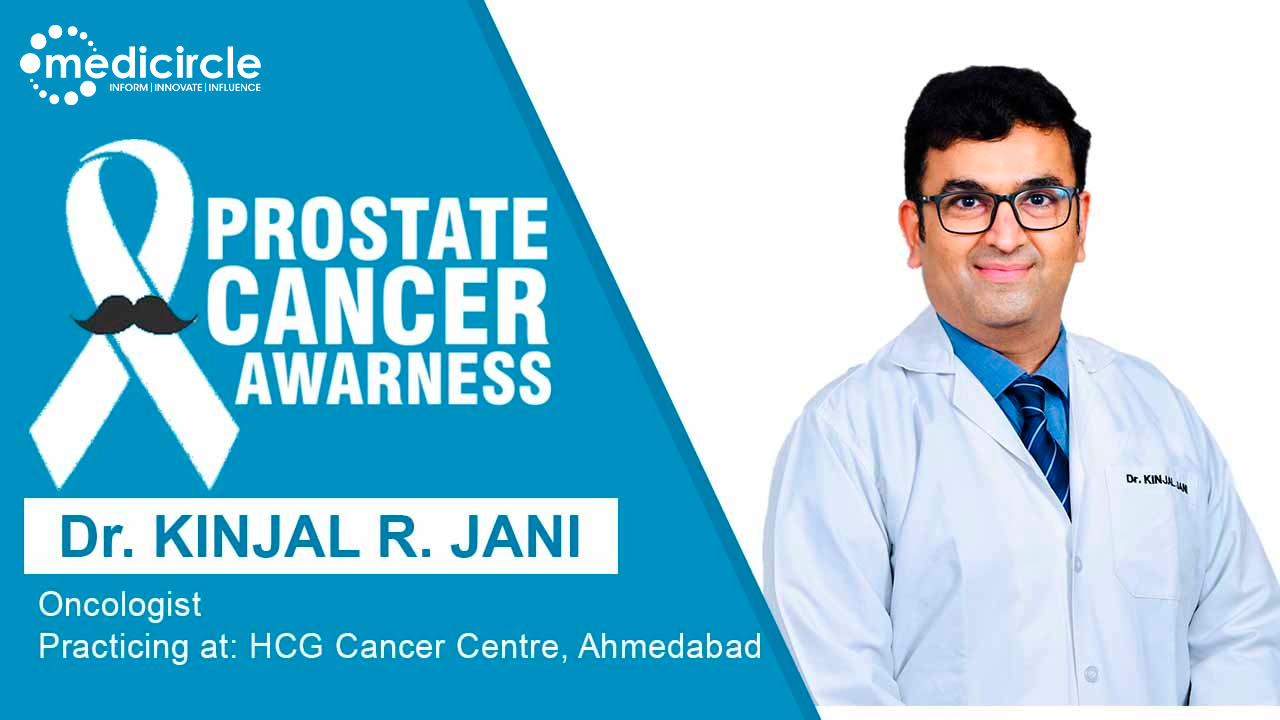
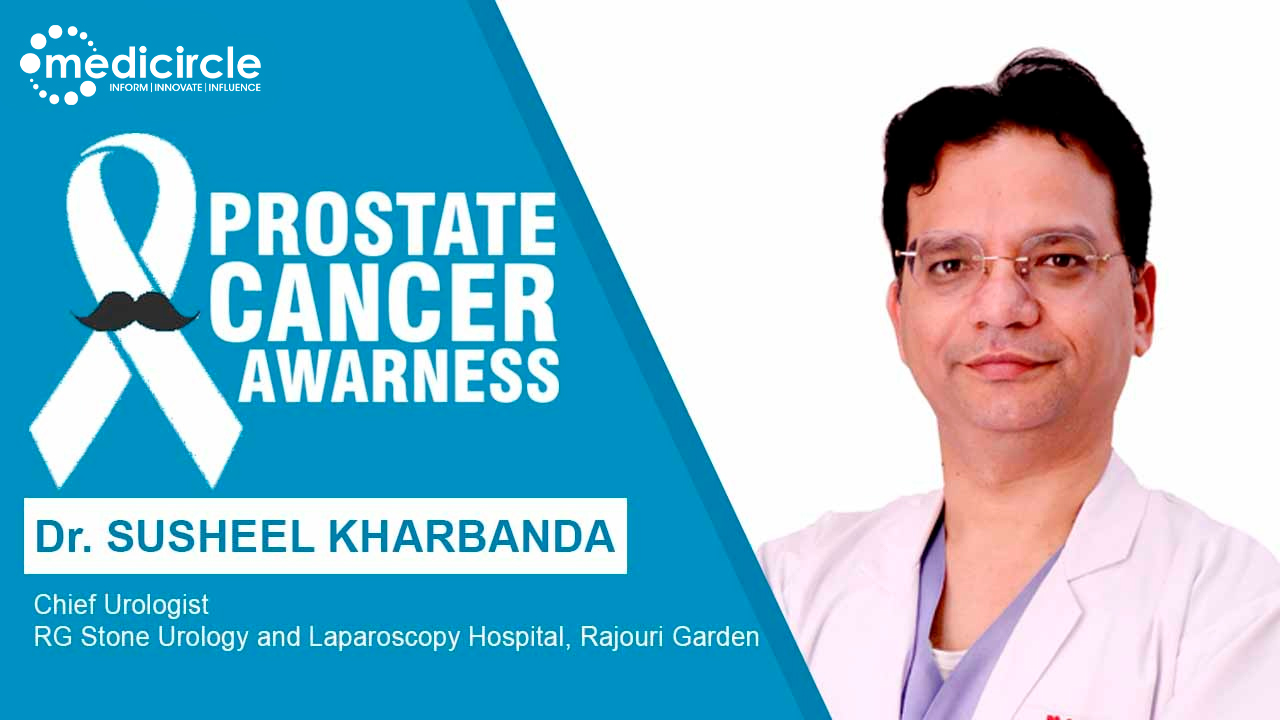
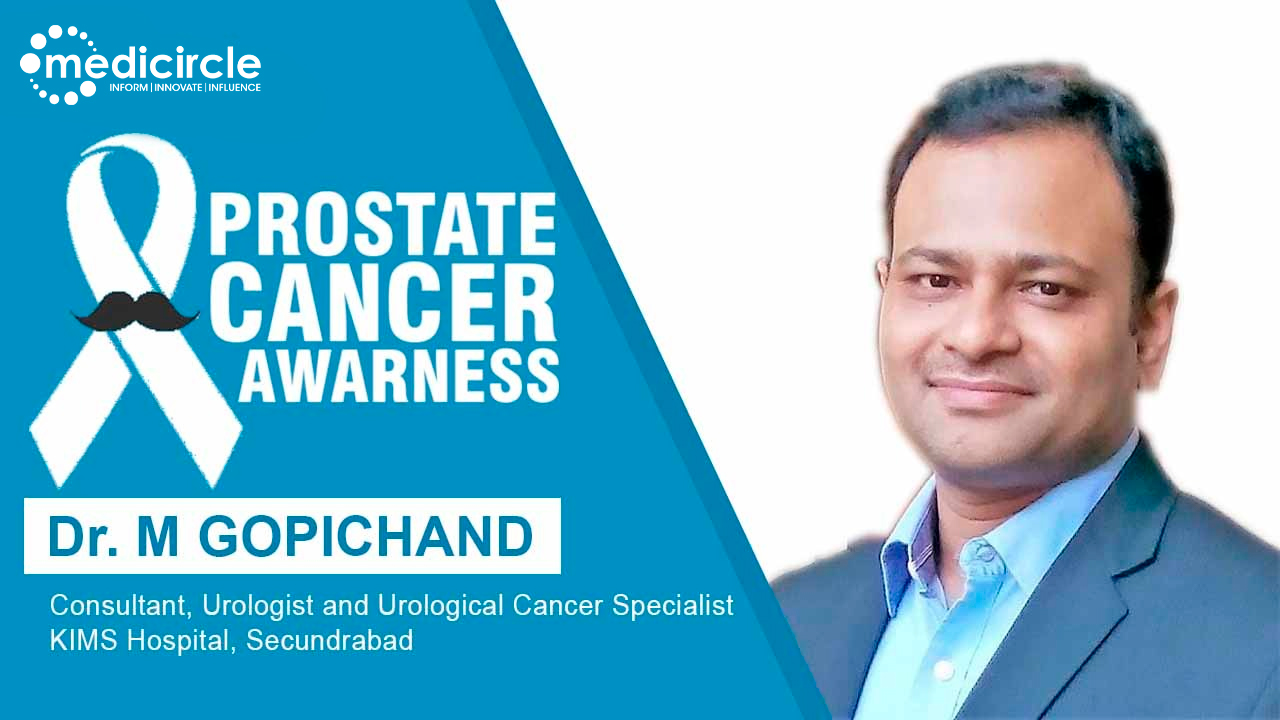
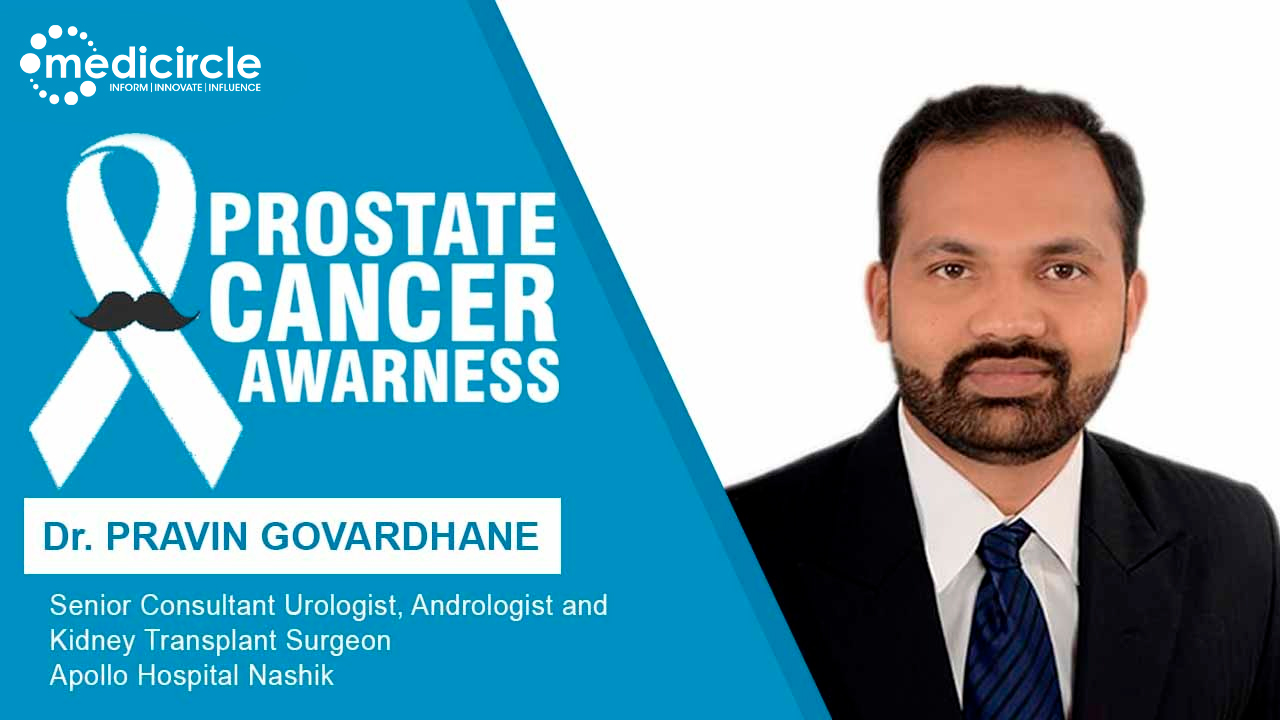
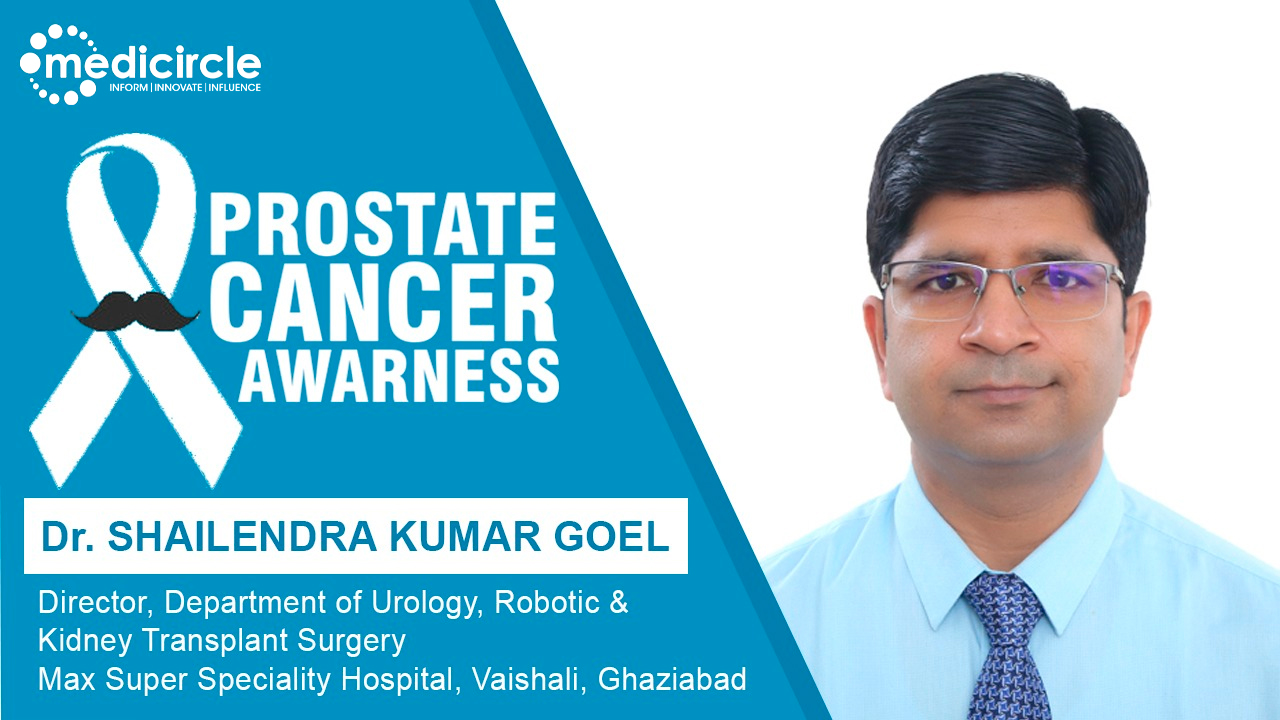





.jpeg)

.jpeg)










.jpg)




.jpg)

